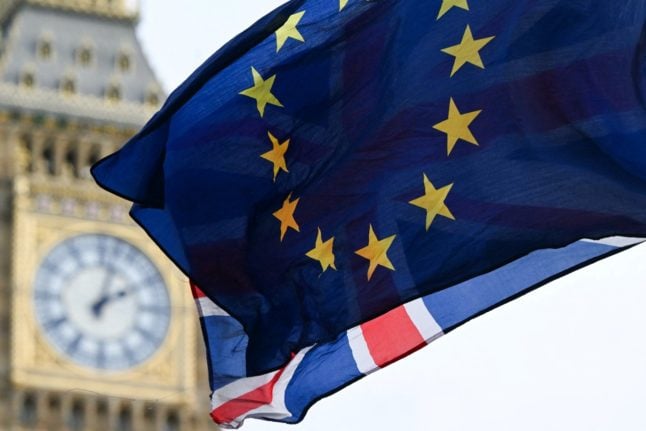The survey carried out by pollsters Novus for Swedish broadcaster TV4 suggests that 63 percent of Swedes would vote to remain if a referendum on Sweden’s EU membership was held today, up from 58 percent in a previous Novus study conducted prior to the Brexit vote last June.
Political scientist Ian Manners, who works at the University of Copenhagen and is a Brit living in Sweden, says the shift is a sign that the Brexit vote has made Swedes think about the EU in more detail.
“It’s easy to say the key factor is simply the chaos in the UK itself, but I think that’s secondary,” he told The Local.
“The average Swedish person doesn’t think or care much about the EU, but Brexit brings it to the fore. The UK referendum made a complicated issue real, and people in Sweden are suddenly forced to think about what the EU is, rather than just having a vague opinion on it.”
The Novus survey also suggests that Swedish confidence in the EU has grown significantly. While in June, confidence in the union among Swedes polled at 38 percent, it is now up to 48 percent, and political scientist Manners puts that surge down to three factors.
“There are political, economic, and social factors at play. The potential for political chaos, for economic trauma, and the possibility of a single-issue referendum on immigration, as happened in the UK,” he explained.
“All feed the changing perception on the EU in Sweden. Sweden can look on at Britain with horror and think ‘what do we have, and what do we not want to have?’”
The TV4/Novus poll took in the opinions of 1000 people aged between 18 and 79, and was carried out after the June 23rd UK referendum.
Anti-EU campaigners in Sweden have previously said that they hoped Brexit would create a breeding ground for future questions over Sweden's EU membership.



 Please whitelist us to continue reading.
Please whitelist us to continue reading.